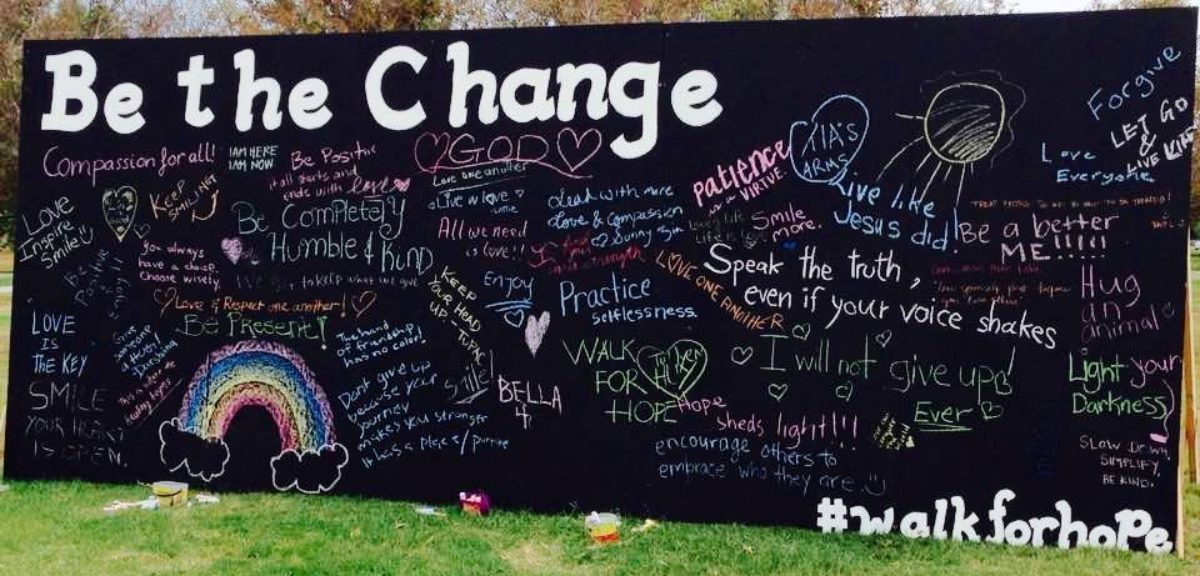Finding vs Searching and Siddhartha by Herman Hesse
 The story is Siddhartha by Herman Hesse.
I liked the equinamous note that the story ends on. I also liked the interaction between the main character and the few people that he loved that taught him to love himself and everyone else as such. I think the Budda wouldn’t appreciate the implict and tightly wrapped addicton to the ideas of soul and ego, but I do think he would appreciate the not so subtle sense of narcissism of the main character. I didn’t really like the treatment of women in the story because all of them were just lusty or too proud, but I’ll blame that on Victorian europe and how Buddhist nuns never got much publicity. (In case it may peak your interest, there is a lady from San Diego that gave a talk at the Charity Focus Wednesay mediation a few months back, that is leading a revolution for women in Buddhism — http://nipun.charityfocus.org
I’ve finally got some good emails going back and forth from kind of a virtual reading group that I’ve created from writing some emails to some friends based on some thinking I got from a story I re-read….. (click the more button below)
I’ll just copy and paste an email I sent my aunt and cousin.
I attached a kind of boring and interesting story. Not sure if you’ve already read it. Let me know if you have. It’s one of my favorite boring stories. It kind of relates European Existentialism to Buddhism. I think I was asking you the difference between finding and searchng. It got me thinking. I think Existentialism is about searching whereas Buddhism is about finding. The more I think about it, I don’t think Buddhism is a religion. It’s more of a way of thinking based on philosphy and the psychology of the time (It’s kind of cool to think that Buddha, Mahavira, Aristotle, and Confusius lived pretty close in time to each other–my theory is that was the time when people got comfortable enough to be able to think outside what they see and feel but they still were basic enough to not abstract too much and make things too confusing). I mean it is a religion when you think about how the monks are and the collection of stories and prayers (I guess that’s what’s called the cannon of buddhism–that’s kind of interesting the use of the word cannon (a big gun vs a basis of thinking). But I don’t think the Buddha wanted his teachings to be a religion. That’s why you can be Hindu and Buddhist, Christian and Buddhist, Tao and Buddhist (=zen), Sikh and Buddhist. But I read a quote by someone that the Buddha would have said “Don’t be a Buddhist, try your best to be a buddha”. ;-)
ok, enough philosophy for a night and a day
ciao
here’s a couple links to free e-books:
text only
http://www.gutenberg.org/catalog/world/readfile?fk_files=2304&pageno=2
pdf
http://www.transitory.org/kris/ebooks/siddhartha.pdf
mp3
http://www.thoughtaudio.com/titlelist/0013-Siddhartha/index.html

I wanna be in your virtual reading group! U seem to read the best books!
Here’s an interesting tidbit from Wikipedia on Canon: http://en.wikipedia.org/wiki/Canon.
Supun writes: “that’s kind of interesting the use of the word cannon (a big gun vs a basis of thinking.”
It is funny that canon is used for both…it’s almost like a basis of thinking is as powerful as a cannon.
it’s easy to join the reading group! just read it, and then put your ideas somewhere (maybe here?) where somebody else can read it.